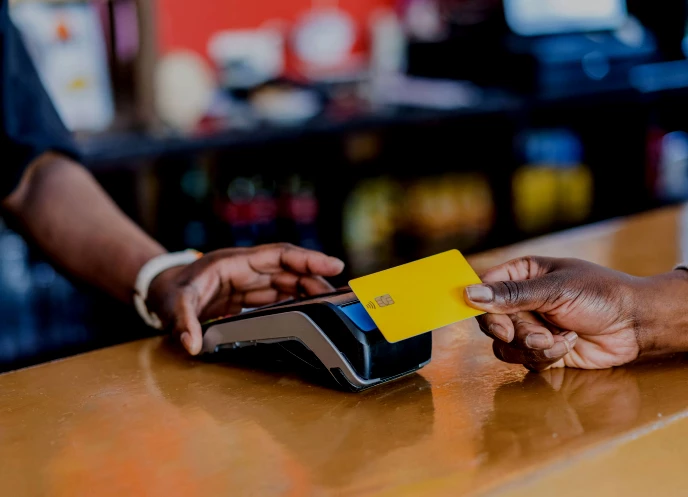If pressed to describe the payments industry in a single word, we might choose resilient. It’s an important quality, especially amid the unstable economic and geopolitical climate that all industries face today.
Indeed, despite headwinds originating from multiple sources, payments revenues are on track for solid growth over both a five-year and a ten-year horizon. This sturdiness stems partly from the fact that, unlike some other facets of the financial-services universe, the area of payments affects just about everyone every day.
Payment transactions are at the center of a dramatic cultural shift that has evolved with modern technology.
Payment transactions are also at the center of a dramatic cultural shift that has evolved with modern technology, as most of us now have what amounts to a fifth appendage: the smart phone, a tool that people increasingly use to make payments of all kinds. The notion of paying for goods or services with cash or a physical check is becoming nearly as quaint as the CD player or the large desktop computer.
Nonetheless, the era of soaring payments-industry performance may now be in the rear-view mirror. Other overarching trends include increasing demand for electronic payments, the rise of central-bank digital currencies, and heightened financial and nonfinancial risk that is drawing commensurate regulatory scrutiny.
In the merchant services space, which the COVID-19 pandemic significantly altered, the competitive landscape is shifting. Integrated software vendors (ISVs) are gaining more power, and large merchants are treating payments as an increasingly critical element of the overall customer experience. Embedded finance has the potential to generate huge value. On the issuing side, evolving payment methods such as “buy now, pay later” (BNPL) have paved the way for players to move beyond a transactional role as consumers demand heftier rewards and a more-customized loyalty experience.
For networks, a key hurdle is that numerous countries are working to exercise more oversight on their domestic payments infrastructure, potentially limiting the roles that international card networks can play. In addition, inflation, market volatility, and tougher competition will put networks to the test in coming years. Wholesale transaction banks, for their part, will have to cope with the necessity of making massive investments in the payments infrastructure, while simultaneously redefining their role in a more diverse competitive environment.
Stay ahead with BCG insights on financial institutions
In the fintech space, investors, customers, and other stakeholders in the payments industry are pursuing a flight to quality. Fintechs must therefore focus more squarely on profitability—rather than on pure revenue and customer growth—over the next several years. Many fintechs may be experiencing the first economic slump since their inception, and they must prove to investors and company boards that they have built a strong, reliable business model.
Fortunately, there are clear action steps that the various types of participants in the global payments ecosystem can take to improve their positions and gain or maintain competitive advantage. But time, as always, is of the essence. Bold action now will reap longstanding benefits later.
In this, BCG’s 20th annual examination of the global payments industry, we explore the ever-evolving payments ecosystem, placing emphasis on the challenges that players face and how they can overcome them. We hope that readers will find our analysis and our suggestions engaging and useful.
Global Payments Report 2022: The New Growth Game
BCG’s 20th annual study of the global payments industry examines how all participants in the payments ecosystem—including acquirers, issuers, networks, wholesale transaction banks, and fintechs—can raise their game by pursuing new strategies for growth.









